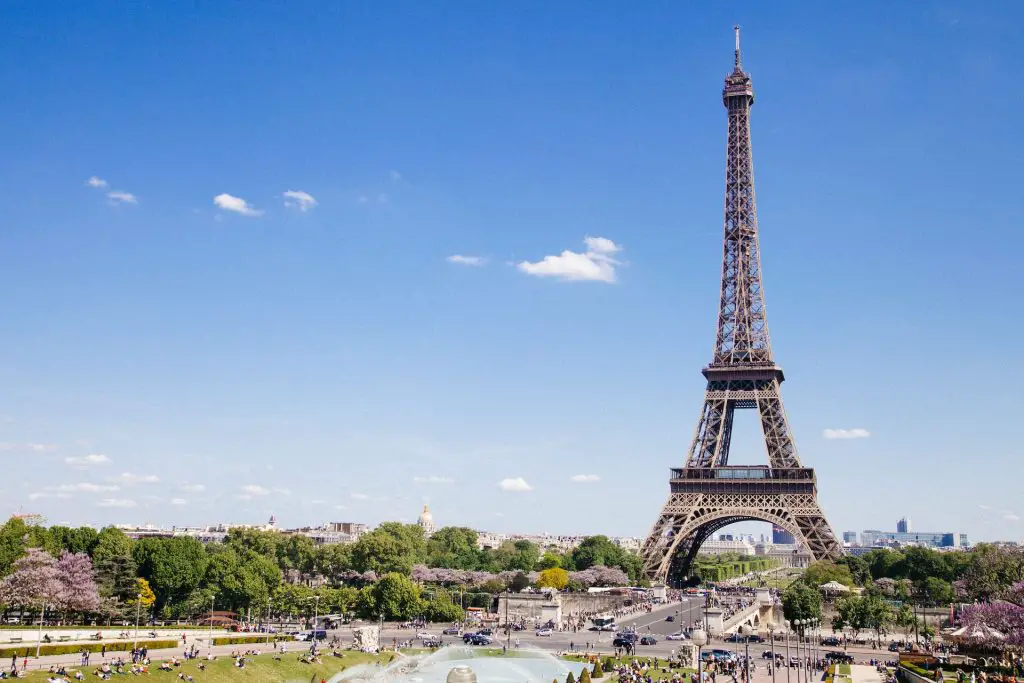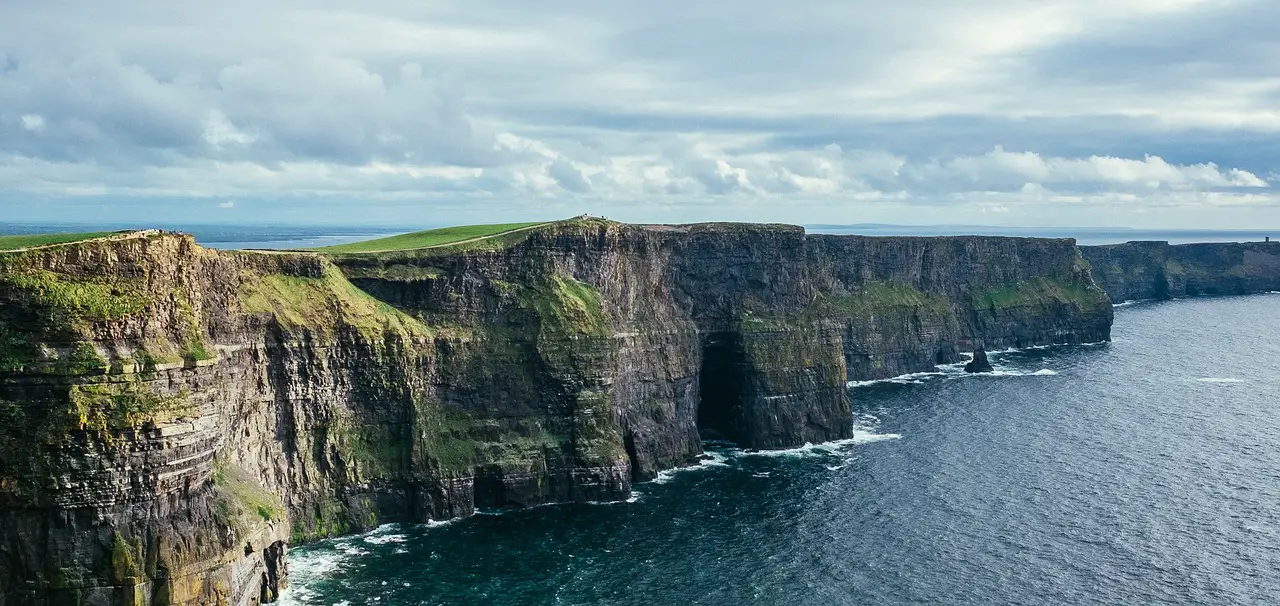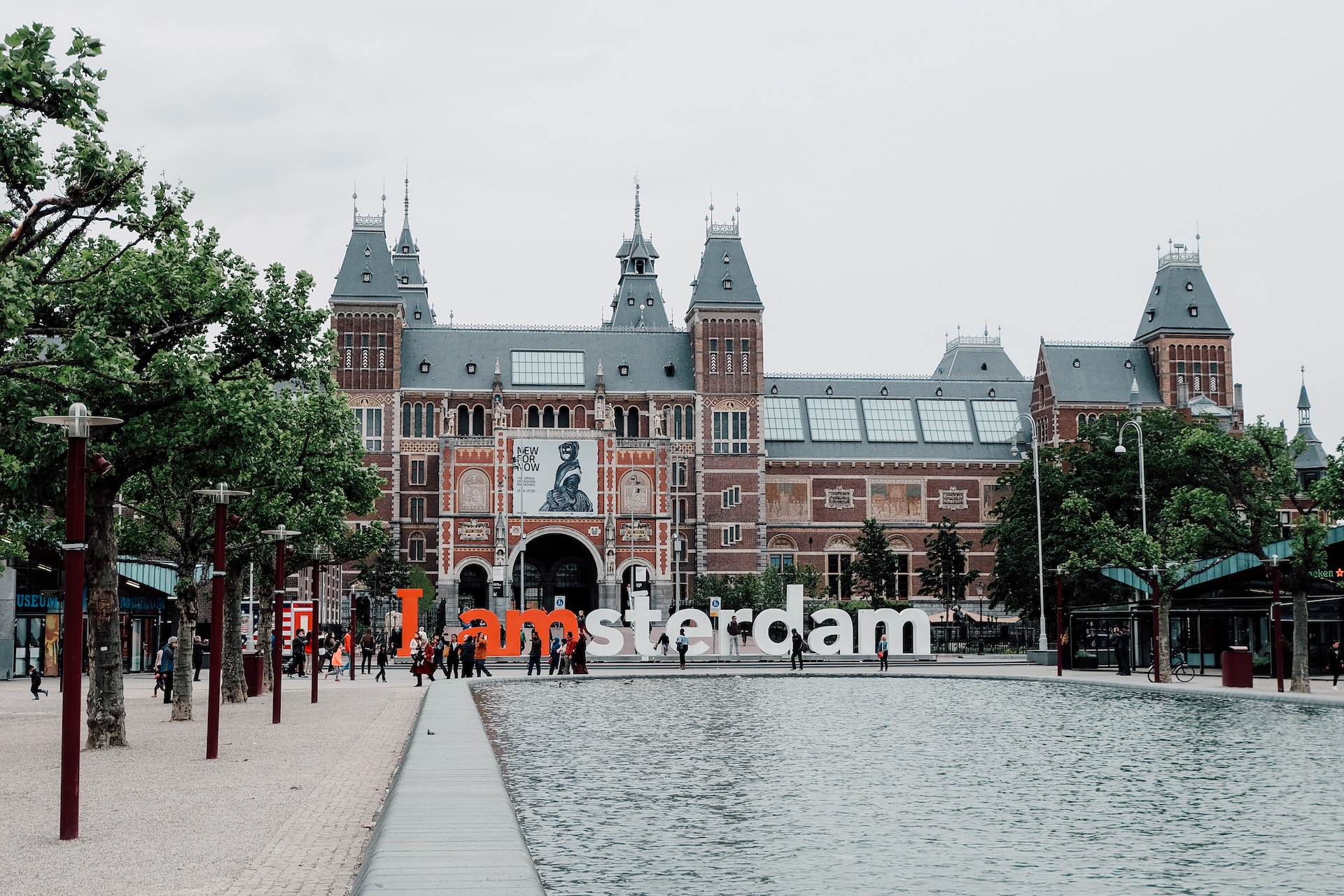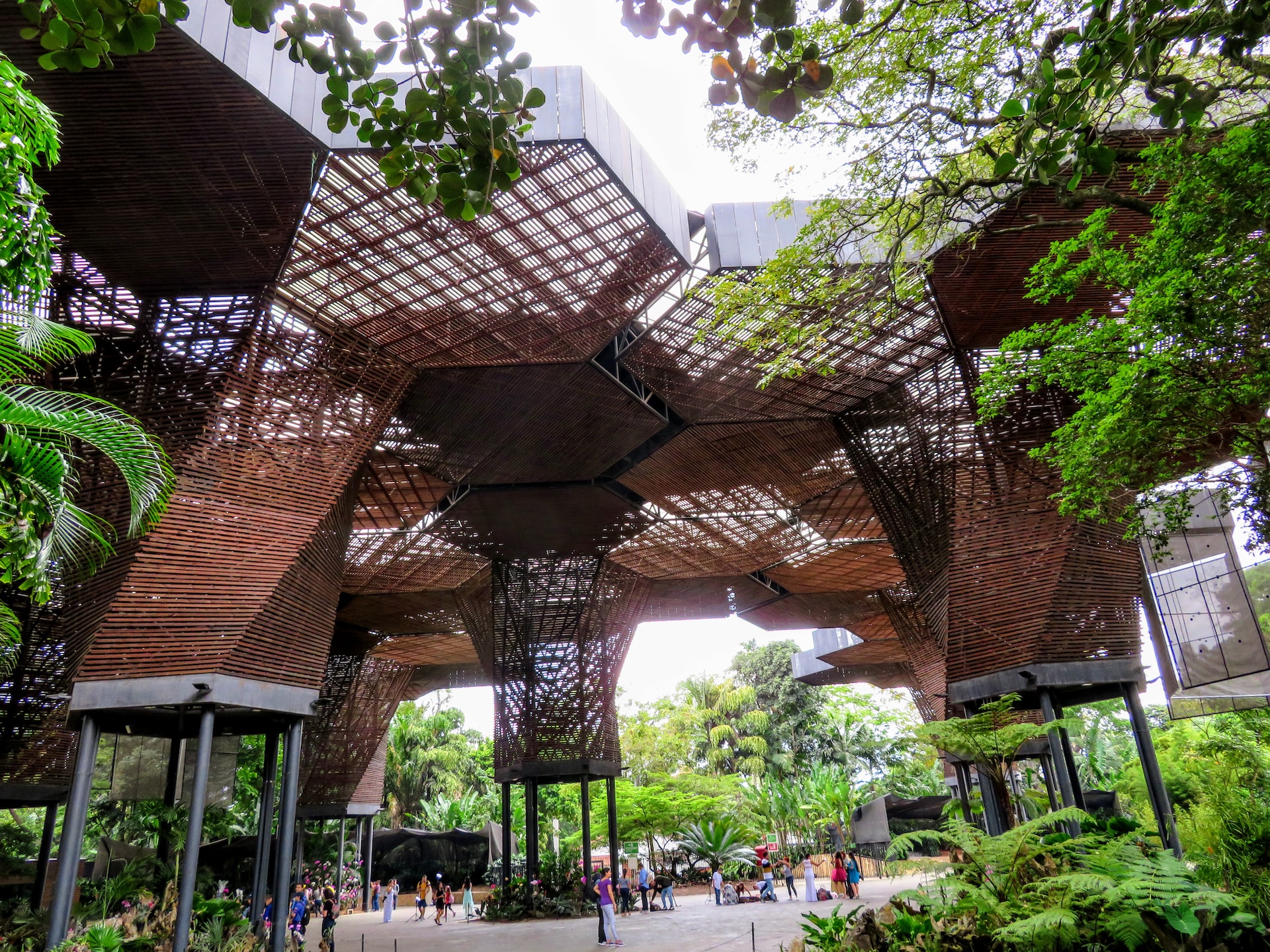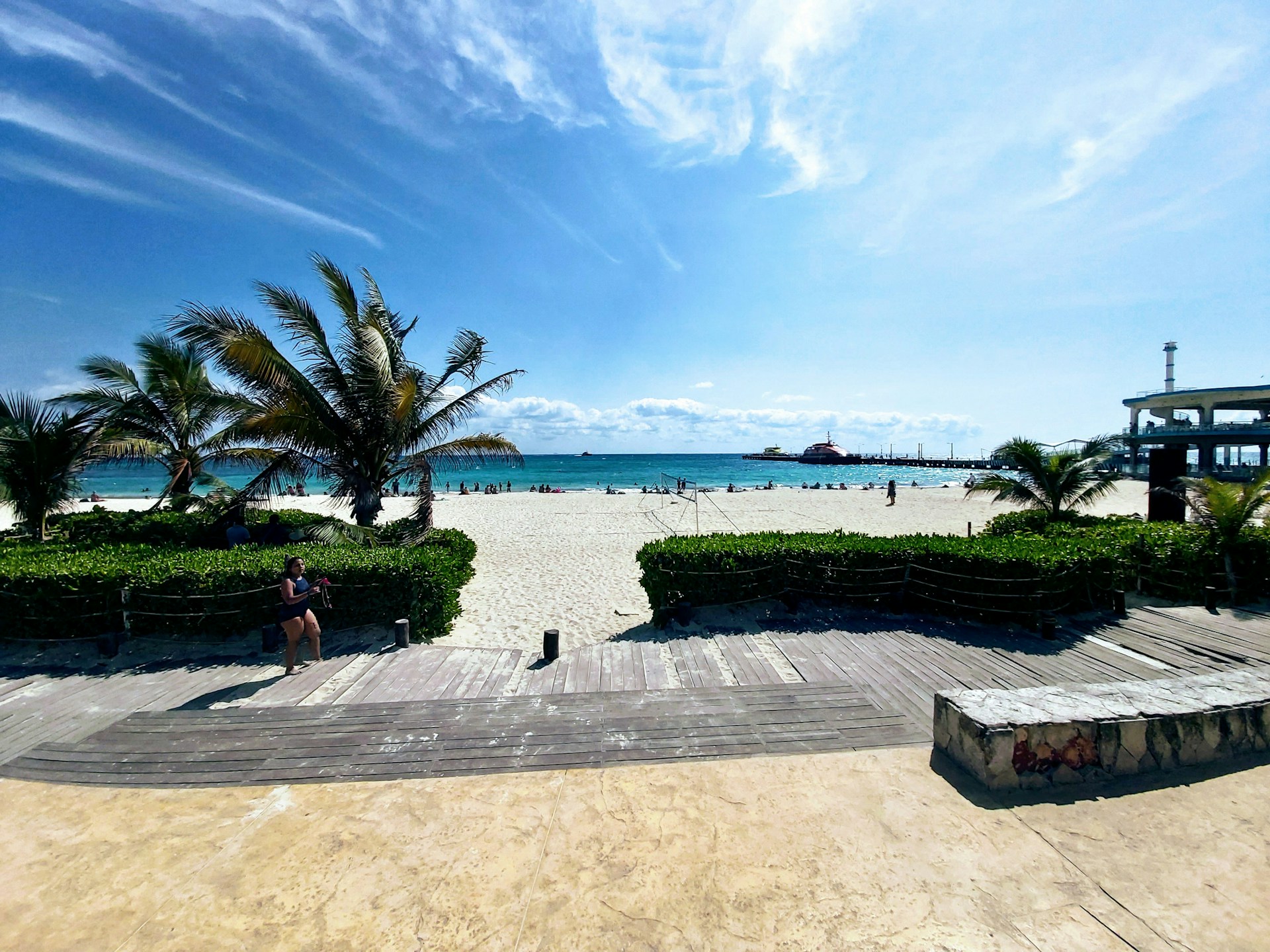Tourism is an essential industry that helps stimulate economies worldwide, promote cultural exchanges, and preserve historic sites. The industry involves a complex interplay of tourists’ tastes and preferences, socio-economic variables, geographical locations, and political stability. In the realm of global tourism, one country consistently stands out for attracting the highest number of international visitors – France.
France holds the crown as the most visited country in the world, attracting over 89 million tourists in 2019, according to the United Nations World Tourism Organization (UNWTO). From its romantic cityscapes and renowned cuisine to its rich history and diverse natural landscapes, France is a destination that offers a unique combination of attractions for every type of traveler.
Allure of the French Capital – Paris
Paris, the capital city of France, is often the first port of call for many international visitors. The “City of Light” is a treasure trove of world-famous landmarks like the Eiffel Tower, Notre-Dame Cathedral, and the Arc de Triomphe. However, the allure of Paris goes beyond these iconic structures. It is a city with an underlying pulse that exudes elegance, romance, and sophistication. Strolls along the River Seine, dining in quaint bistros, exploring boutiques in the Marais district, and indulging in delectable pastries from local patisseries form an integral part of the Parisian experience.
Paris is also a powerhouse of art and culture. The Louvre Museum, housing thousands of works from different civilizations and periods, including the Mona Lisa, attracts millions of art enthusiasts annually. Meanwhile, modern art connoisseurs can explore the Centre Pompidou or the Musée d’Orsay. The city’s influence on literature, music, and theater is equally profound, making it a cultural melting pot.
Cultural and Geographic Diversity
But France is not just about Paris. The country’s appeal lies in its diverse regions, each with its unique charm and character. The French Riviera (or Côte d’Azur), famous for its azure waters, sandy beaches, and glitzy lifestyle, is a hotbed for luxury tourism. Here, places like Nice, Cannes, and the billionaire’s playground of Saint-Tropez provide a contrast to the cosmopolitan air of Paris.
Bordeaux, the wine capital of the world, is a must-visit for wine connoisseurs. It is an intoxicating blend of vineyards, historic architecture, and fine gastronomy. To the east, the French Alps draw outdoor enthusiasts, offering world-class skiing in the winter and hiking or mountain biking in the summer.
The historic Normandy with its spectacular coastline, impressionist art heritage, and WWII sites, the Loire Valley famed for its chateaus, the lavender fields of Provence, and the charming region of Alsace with its Germanic influences – each region adds to the multifaceted allure of France.
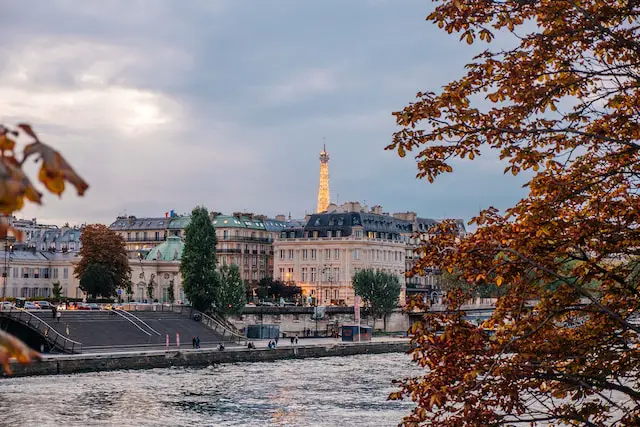
Historical and Cultural Heritage
France’s historical heritage is equally compelling. The country is studded with well-preserved medieval towns, Roman ruins, and Renaissance châteaux. Sites like the Palace of Versailles, Mont Saint-Michel, the Roman Theatre of Orange, and the Gothic Cathedrals of Chartres and Reims, to name just a few, offer glimpses into France’s layered past.
The country’s cultural tapestry is woven from its contributions to literature, philosophy, art, music, fashion, and cinema. France gave the world literary luminaries such as Victor Hugo, Marcel Proust, and Albert Camus. It was the birthplace of Impressionism, the ground zero for haute couture, and a central hub in the evolution of cinema. The exploration of France often feels like a journey through the annals of human creative expression.
French Gastronomy
One cannot discuss France without mentioning its culinary prowess. French cuisine is renowned worldwide for its quality and diversity. From simple baguettes and cheese to escargot and coq au vin, French gastronomy is a celebration of quality ingredients, culinary techniques, and enjoyment of food. The country’s passion for wine is equally well-known, with regions like Champagne, Burgundy, and Bordeaux globally renowned for their viniculture.
Conclusion
France’s position as the most visited country results from its myriad offerings that appeal to a broad spectrum of travelers. It is a country where history intertwines with modernity, where culture thrives in every corner, and where the culinary scene is a way of life. With each visit, there’s always something new to discover, making it an enduringly appealing destination. While other countries might eventually challenge its position, as of now, France reigns supreme as the world’s most visited country.
